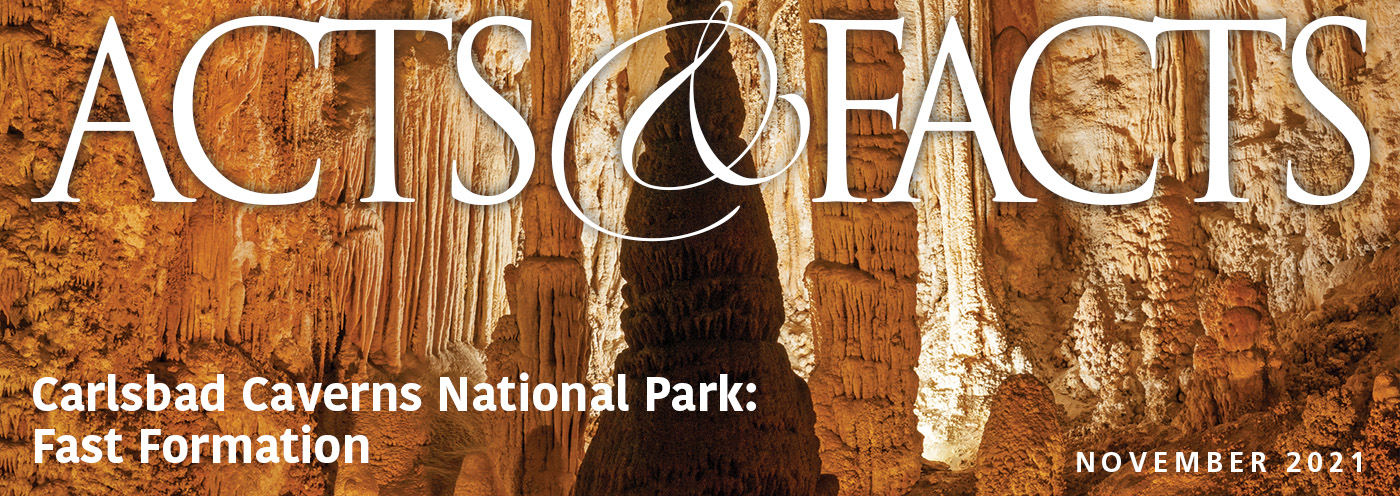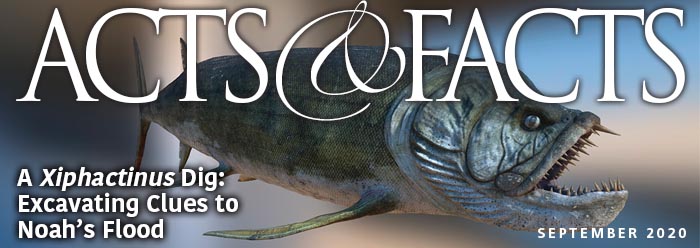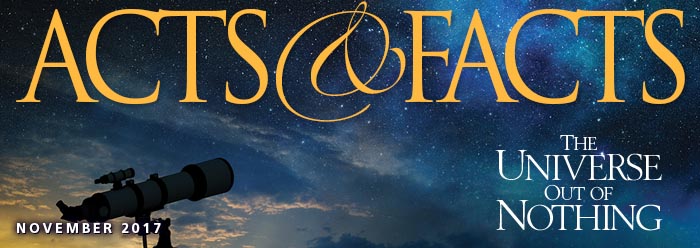“And she shall bring forth a son, and thou shalt call his name JESUS: for he shall save his people from their sins.” (Matthew 1:21)
This is the first of 144 references to the name of Christ in the New Testament. The word “name” (Greek noma) occurs only about 95 times when referring to any or all other names. This fact is itself a sort of commentary on Philippians 2:9: “God also hath highly exalted him, and given him a name which is above every name.”
In biblical times, a person’s name expressed the character or attributes desired for a child by his or her parents. The reason for the name “JESUS,” which means “Jehovah saves” or simply “salvation,” was given by the angel: “He shall save his people from their sins.”
There is only one Savior, “for there is none other name under heaven given among men, whereby we must be saved” (Acts 4:12); but His name does save! “As many as received him, to them gave he power to become the sons of God, even to them that believe on his name” (John 1:12).
Those who do receive Christ are thenceforth associated with His name—and therefore with His person and work. First, they are to be baptized “in the name of the Father, and of the Son, and of the Holy Ghost” (Matthew 28:19). They are then to order their lives in a way that honors His name. “Let every one that nameth the name of Christ depart from iniquity” (2 Timothy 2:19).
He has given many gracious promises of answered prayer if we pray in His name, “that whatsoever ye shall ask of the Father in my name, he may give it you” (John 15:16). The final use of “name” in the Bible stresses our eternal identification with His name, for “his name shall be in their foreheads” (Revelation 22:4) as we are united with Him in the age to come. HMM
 Days of Praise Podcast is a podcast based on the Institute for Creation Research quarterly print devotional, Days of Praise. Start your day with devotional readings written by Dr. Henry Morris, Dr. Henry Morris III, Dr. John Morris, and others to strengthen and encourage you in your Christian faith.
Days of Praise Podcast is a podcast based on the Institute for Creation Research quarterly print devotional, Days of Praise. Start your day with devotional readings written by Dr. Henry Morris, Dr. Henry Morris III, Dr. John Morris, and others to strengthen and encourage you in your Christian faith.











